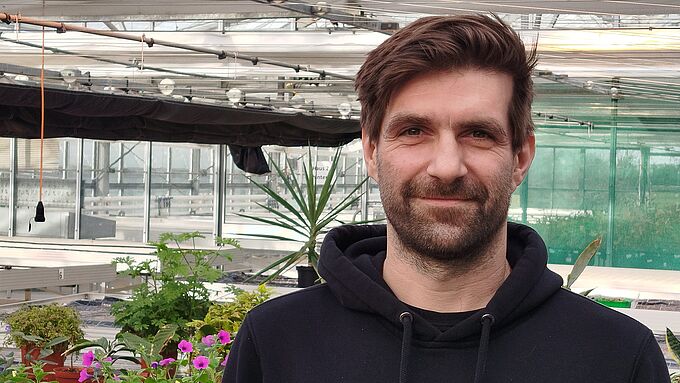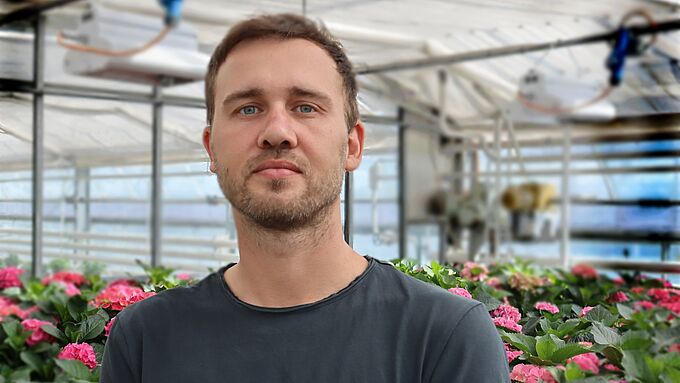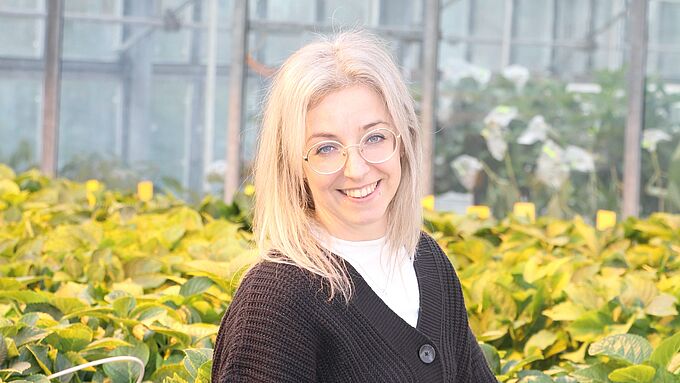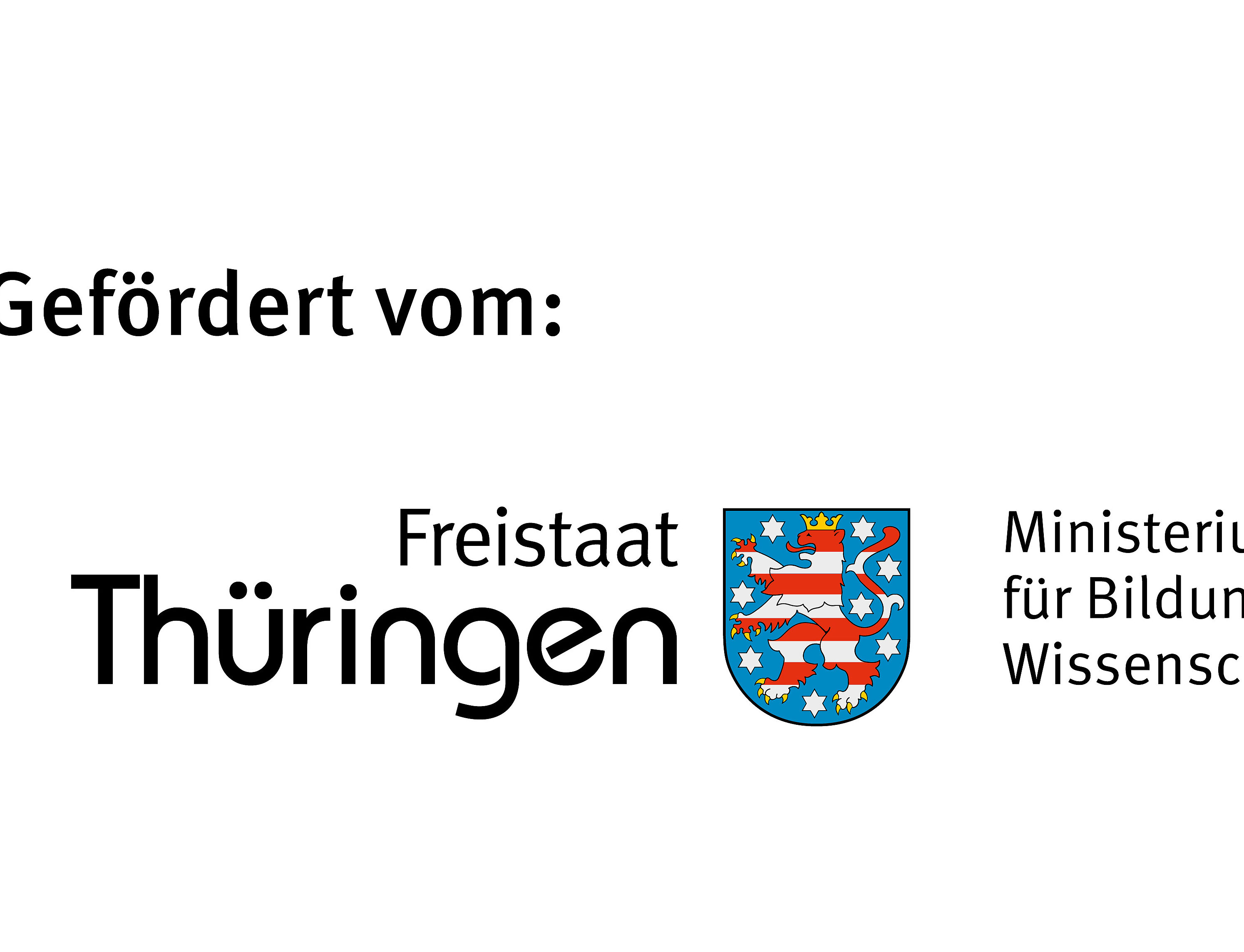
Epigenetic Processes during the Propagation of Horticultural Crops
During the propagation of horticultural crops, phenotypic changes can occur, diverging the offspring from the mother plants. This phenomenon might be based on spontaneous mutations or directed mutagenesis. However, phenotypic divergence in genetically identical plants is often based on changes in the epigenetic profile.
In biological systems, genetic information is normally passed on through changes in the DNA sequence. Nevertheless, genetic profiles might be propagated without these changes. The epigenetics research group is focussed on mechanisms of gene regulation going beyond the DNA sequence. This information includes DNA methylation, histone modifications as well as gene regulatory RNA molecules. The type and amount of these modifications are key regulators of the compactness of chromatin, thereby regulating the accessibility of DNA for transcriptional and gene regulatory mechanisms.
Projects of the research group “epigenetic processes during the propagation of horticultural crops” include the following:
- genome-wide analysis of the epigenetic profiles of petunias
- assessing how the adaptation to environmental stress is manifested on an epigenetic level
- monitoring how epigenetic profiles are passed on to subsequent generations
Through the genome-wide molecular analysis of underlying epigenetic mechanisms, we seek to identify the variability of epigenetic profiles and their correlation to environmental changes. By genetically manipulating potential epigenetic regulators, we intend to describe their role in the phenomenon of phenotypic plasticity of genetically identical plants. Finally, we hope to find a tool to modulate epigenetic profiles and phenotypic plasticity.
To identify these factors, we first measure epigenetic modifications like DNA methylation, histone modifications or regulatory RNA expression profiles and monitor changes upon induction of abiotic stress. In addition, we use homology and gene function analyses to identify epigenetic regulators within the petunia genome. Following the identification of such factors, we next ask whether the genetic or biochemical manipulation of these factors can phenocopy the previously observed effects. Finally, we focus our research on factors that aid adaptation to abiotic stress and are passed on to the next generations.
As a future perspective, we aim to expand modern breeding techniques through the directed modulation of epigenetic modifications. By doing so, stress tolerance in horticultural crops should be enlarged and unattended phenotypic changes might be controlled and prevented for many generations.







